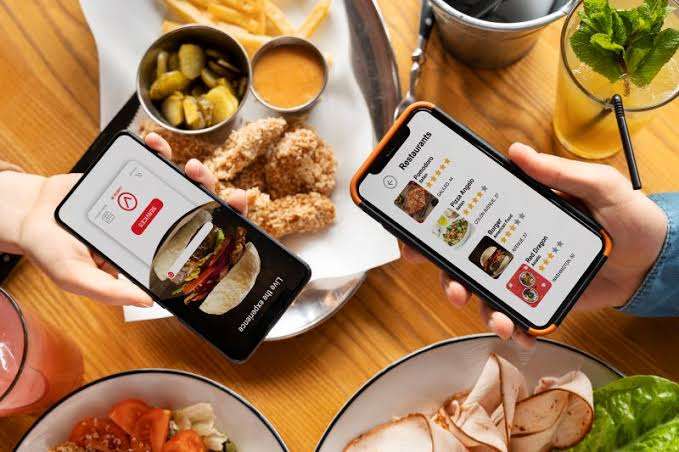The food delivery industry is transforming how urban Africans eat. Across the country, consumers are turning to mobile apps and on-demand services to access affordable meals quickly and reliably.
What began as a niche offering has evolved into a widely adopted lifestyle, with platforms like Glovo, Chowdeck, Jumia Food, and newer entrants like Yummeals reshaping daily routines.
In this feature, Techparley explores how food delivery is influencing eating habits, time management, and consumer expectations.
The Rise of On-Demand Dining
For Amaka Eze, a 29-year-old product designer living in Yaba, ordering lunch is as routine as checking her Slack messages.
“I honestly don’t remember the last time I cooked a proper weekday meal,” she says. “Between work deadlines, traffic, and power issues, food delivery just makes more sense.”
Food delivery has gone from luxury to lifestyle, and across African cities, young professionals are embracing it like never before. The shift isn’t just about convenience, it’s about control.
“I love being able to track my meal and know exactly when it’s arriving,” says David Adu, a software engineer. “Even five years ago, this would have sounded strange. But now, it’s just how we eat.”
“These deliveries have changed everything and made it all easy. It’s now easy and accessible to buy food and get it delivered to you in little time, without stressing yourself so much.”
A Lifesaver for Young Professionals
For many in high-pressure careers, food delivery isn’t just a service, it’s now become a lifestyle support system.
“I’m in the office till 7 or 8 most days,” explains Zainab Mohammed, a banker in Lagos. “There’s no way I’m going to the market after that. Without these apps, life would have been hard.”
It’s not just elites driving demand. Mid-income earners like Desmond Adejare, a customer support agent in Ikeja, also rely on food delivery.
“I don’t use it every day,” he clarifies. “But Fridays? That’s my treat-yourself day. I always order suya rice and grilled chicken from the same kitchen on Chowdeck.”
According to users, the promotions and loyalty points these platforms offer have also helped them keep customers coming back.
“I know it sounds silly,” Desmond adds, “but when I hit the free delivery threshold, it kind of feels like I’ve earned my dinner.”
Safety, Trust, and Expectations
According to different users, trust also remains a major factor when dealing with these food delivery platforms.
“I used to be scared of ordering from unknown places, especially for hygiene reasons,” says Amaka. “But now with pictures, ratings, and verified kitchens, I feel safer. The tech has really improved.”
Still, some worry that the rise of on-demand food could erode culinary traditions passed down through generations.
“I grew up watching my mum grind pepper on a stone,” says David. “Now it’s all shawarma, spaghetti, and rice bowls on an app. Sometimes I miss the smell of Sunday stew.”
A Booming Market
In 2024, Nigeria’s online food delivery industry was worth $1.03 billion and it is projected to reach $2.5 billion by 2033, according to industry estimates.
Platforms like Glovo, Chowdeck, and Jumia Food have seized on this market opportunity, offering fast, reliable services that promise variety and affordability.
New entrants like Yummeals are even experimenting with cloud kitchens and pre-scheduled deliveries to eliminate delays and reduce cost.
Industry leaders say as infrastructure improves and cloud kitchens expand, the food delivery economy will likely grow deeper roots in Africa’s urban centres.





